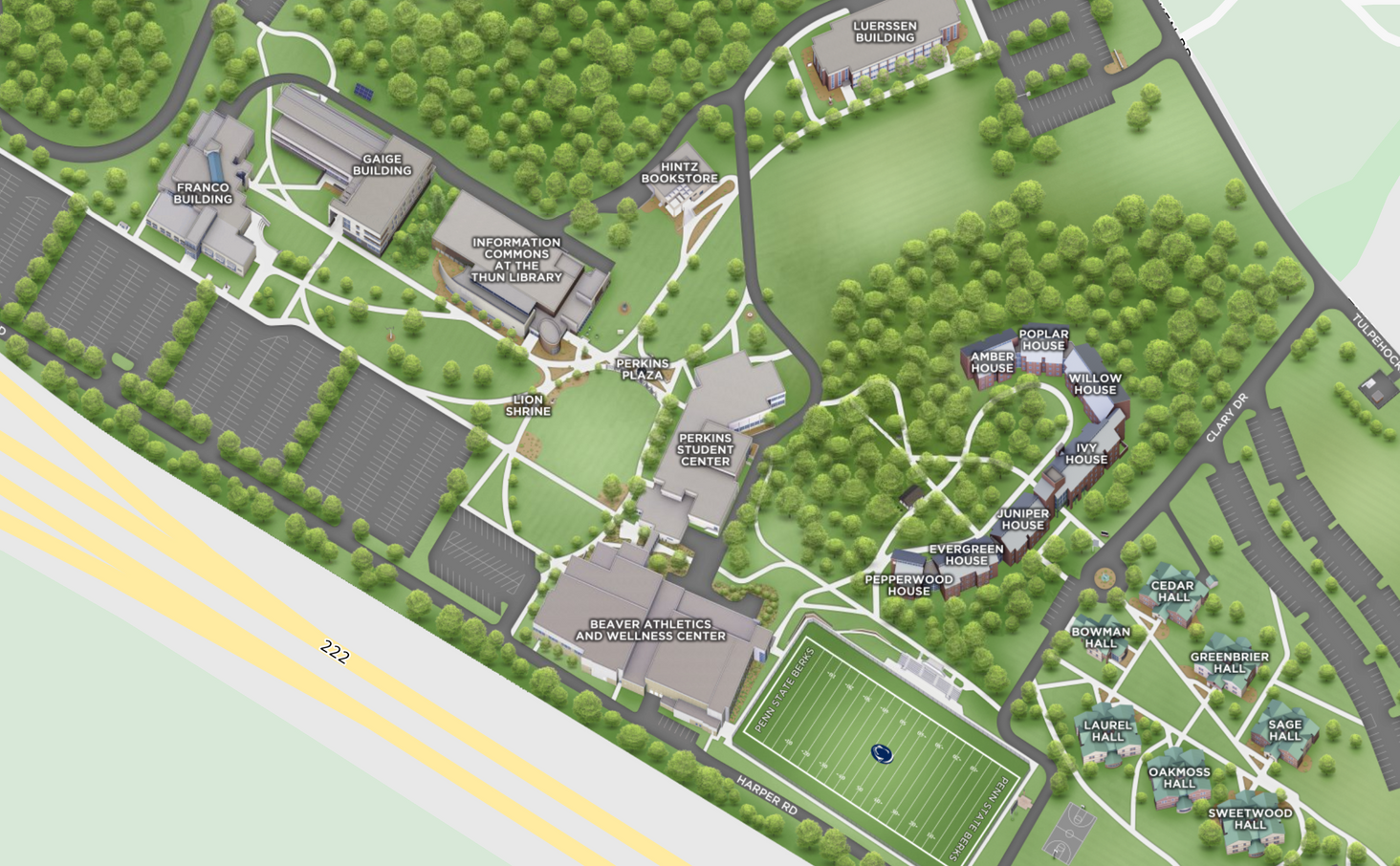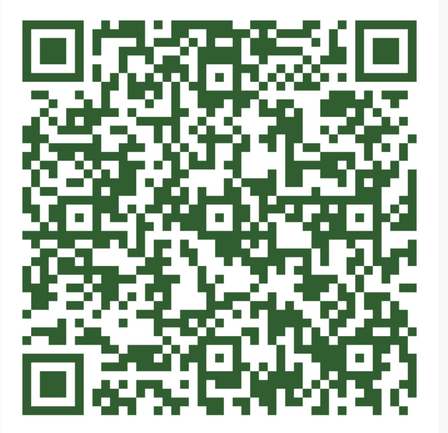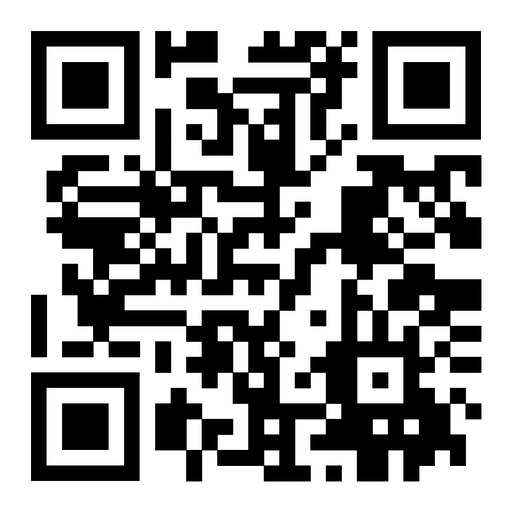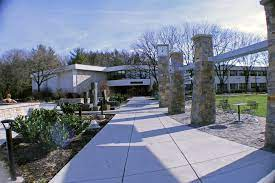
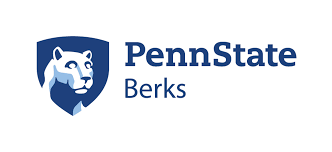
Student & COMMUNITY
ENGAGEMENT
SYMPOSIUM
APRIL 17, 2024
8:15am - 4:15pm
This event welcomes faculty, staff, administrators, and community members interested in fostering collaboration and positive impact through community-based student engagement and engaged scholarship.
A Word from the Organizer
I was selected as a Penn State Engagement Faculty Academy Scholar for the 2022-2024 academic year. As a culminating component of my 2-year grant funded project, I decided to organize this symposium to provide an opportunity for interested faculty, staff, administrators and community members to connect, share experiences, and explore innovative approaches to student and community engagement and engaged scholarship. It is my hope that this will serve as a starting point for future discussions and collaborations!
Dr. Mahsa Kazempour
- Associate Professor of Science Education
- Sustainability Council Chair
- Penn State Engagement Academy Scholar (2022-2024)
- PERC Campus Sustainability Champion (2023)
Agenda
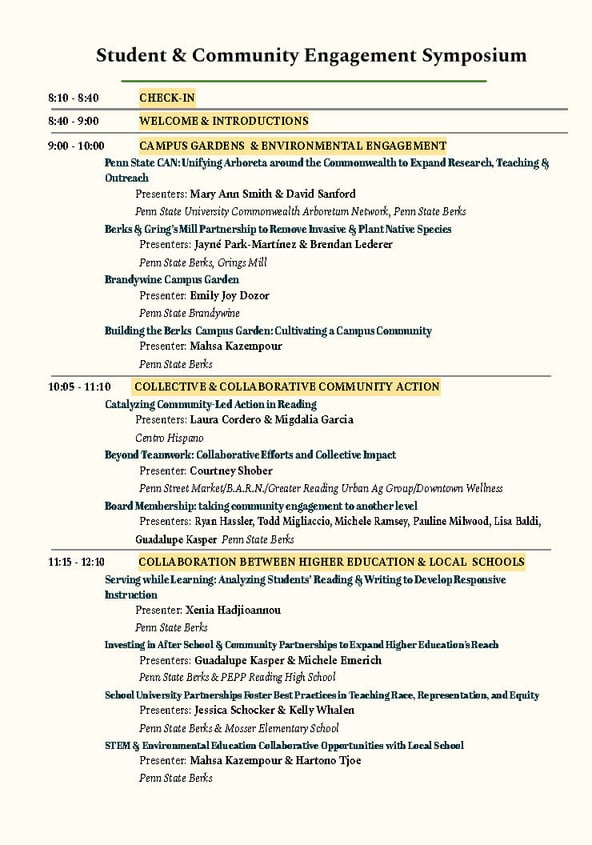
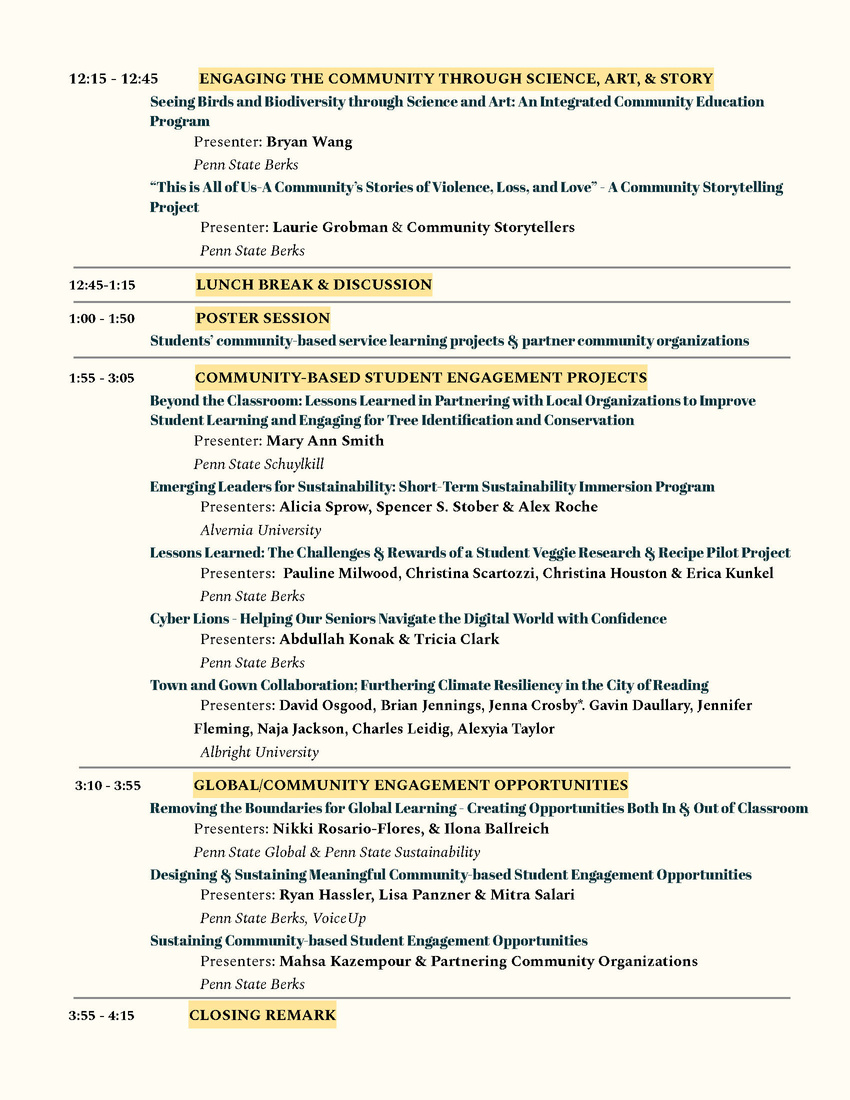
Scroll down to Learn more
about each session and presentation
8:10-8:40am
Check-in
coffee & refreshments
8:40-9:00am
welcome Remarks
Introductions
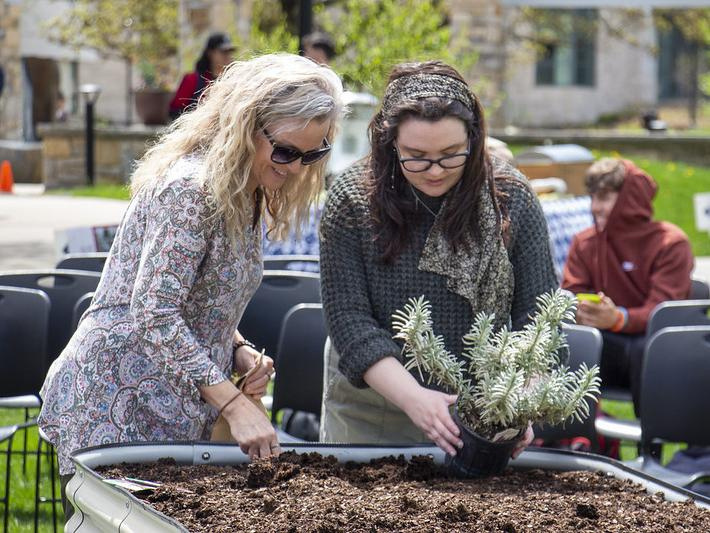
SESSION 1:
CAMPUS GARDEN & AGRICULTURAL ENGAGEMENT & OUTREACH OPPORTUNITIES
PENN STATE CAN: unifying Arboreta around the commonwealth to expand research, teaching and outreach
Mary Ann Smith & David Sanford
Penn State University has launched a unified Commonwealth Arboreta Network to bring together faculty and staff to help promote biodiversity, tree conservation and research. Though we have just begun our work, we are connecting researchers from multiple campuses and developing new curriculum to implement into classes, while also looking to expand and educate about the network. For our session we would be interested in talking about implications for bringing campuses/colleges/agencies together to form new partnerships and working to improve communities.
Berks & gring’s mill partnership to remove invasive & plant native species
Jayné Park-Martínez & Brendan Lederer
For the past several semesters, my students and I have partnered with a local park--that boarders PSU Berks--to remove invasive species and plant native species within the park. This semester, on MLK Day, our campus collaborated with the park again, but this time we removed invasive species on campus. This presentation will talk about next steps--we want to plant native shrub and tree species on campus that will contribute to wildlife health and plant biodiversity.
Brandywine campus garden
Emily Joy Dozor
I will present about the Brandywine campus garden and our related efforts.
BUILDING THE berks campus garden: Cultivating a campus community
Mahsa Kazempour
This presentation will focus on the process of initiating and maintaining a centrally located and readily accessible campus garden on the Berks campus starting in Spring 2023. The campus garden is aligned with the Berks strategic plan goals focusing on student engagement, community engagement, engaged scholarship, and sustainability and is meant to address interdisciplinary topics as well as issues of food insecurity (and waste) by allowing access to good healthy food year-round. I will discuss what has been done up to this point and our plan moving forward.

SESSION 2:
COLLECTIVE & COLLABORATIVE COMMUNITY ACTION
catalyzing community-led action in reading
Laura Cordero & Migdalia Garcia
In early 2021, Centro Hispano and The Harwood Institute for Public Innovation partnered together to engage the Reading community in creating a new community-driven education agenda. Since June 2022, 125+ community leaders in Reading have joined these efforts on a Public Learning Journey to Turn Outward and apply the Harwood approach to community-driven development. Known as "Public Innovators", this growing group of community leaders are taking individual and collective action to catalyze meaningful change in each of the initial three key areas to create a more equitable, inclusive, thriving and hopeful Reading community. This presentation will focus on sharing findings or "Public Knowledge" gathered from community members over the past 3 years, the focus areas for current work in Reading, and the ripple effect of actions catalyzed through collection partnership.
BeYOND TEAMWORK: COLLABORATIVE EFFORTS & COLLECTIVE IMPACT
Courtney Shober
This presentation will focus on the importance and strength of multi-organizational collaboration to have a greater impact on community outreach and engagement. Shared knowledge, resources, best practices and combined social networks go a long way if coordinated efficiently with good communication. Example: Penn Street Market combines the efforts of GRCA, The Food Trust, Alvernia/Bog Turtle Creek Farm, TheGoggleWorks Community Garden, and The Farm Traveler LLC working together to share responsibilities, overcome barriers and use creative problem-solving to make things work!
BOARD MEMBERSHIP: TAKING COMMUNITY ENGAGEMENT TO ANOTHER LEVEL
Ryan Hassler, Todd Migliaccio, Michele Ramsey, Pauline Milwood, Lisa Baldi & Guadalupe Kasper
This panel consisting of Berks faculty/staff who serve on non-profit boards in Berks County will discuss how they got involved, how much time and resources they spend as a member of the board, what challenges they have in this role and what they find most beneficial about this capacity of service.

SESSION 3:
COLLABORATION BETWEEN TEACHER EDUCATION PROGRAMS & LOCAL SCHOOLS
SERVING WHILE LEARNING: ANALYZING STUDENTS’ READING & WRITING TO DEVELOP RESPONSIVE INSTRUCTION
Xenia Hadjioannou
To be effective teachers of reading and writing, educators must get to know the students they are teaching and develop relevant instruction to serve students' growth areas and interests. Through collaboration with Lauer's Park Elementary, Penn State Berks students taking the Language and Literacy methods courses make weekly visits to the school were they work with teachers and young students and methodically construct learner profiles and design responsive instruction.
INVESTING IN AFTER SCHOOL & COMMUNITY PARTNERSHIPS TO EXPAND HIGHER EDUCATION’S REACH
Guadalupe Kasper & Michele Emerich
To discuss how after-school Programs provide support to school communities and how partnerships between higher education and K-12 schools can be utilized to fulfill a vast array of educational needs in today's climate.
School University Partnerships Foster Best Practices in Teaching Race, Representation, and Equity
Jessica Schocker & Kelly Whalen
The presenters will share an overview of a multi-year partnership between a public elementary school teacher and her former professor. Learning from each other, Kelly Whalen and Jessica Schocker have designed curriculum for children to engage with issues of race, representation and equity in a developmentally appropriate way. Further, they have presented their methods nationally at conferences and locally in school professional development sessions for other elementary school teachers in the community. During this session, Jessica and Kelly will describe how they maintain this partnership and the benefits for children and their families, the school community, and the larger Academic fields of elementary and higher education
STEM & ENVIRONMENTAL EDUCATION COLLABORATIVE OPPORTUNITIES WITH LOCAL SCHOOL
Mahsa Kazempour & Hartono Tjoe
We will discuss some of the collaborative opportunities we have had with schools in the Reading School District, offering STEM and environmental education field trips for elementary school students, serving as STEM and sustainability presenters, and providing opportunities for service learning projects for college students to work with local schools.

SESSION 4:
ENGAGING THE COMMUNITY THROUGH SCIENCE, ART & STORY
SEEING BIRDS AND BIODIVERSITY THROUGH SCIENCE & ART: AN INTEGRATED COMMUNITY EDUCATION PROGRAM
Bryan Wang
The proposed presentation would describe a community education program to engage the public with local biodiversity—specifically birds—using science and the arts as complementary ways of experiencing nature. Guided by members of the Baird Ornithological Club, participants engaged in a group birdwatching experience at Berks Nature in Reading, PA. Then, over the subsequent four weeks, they watched birds on their own, wrote reflections, and created visual representations of the birds and birdwatching. The integration of experiences, as manifested in field notes, artwork, and writing, reinforced understanding of as well as interest in birds and their natural habitats. In short, participants gained a deeper appreciation for the natural world when seeing it in the contexts of both science and creative expression.
“THIS IS ALL OF US: A COMMUNITY’S STORIES OF VIOLENCE, LOSS AND LOVE” - A COMMUNITY STORYTELLING PROJECT
Laurie Grobman & Community Storytellers
I am facilitating a city-wide storytelling project, "This is All of Us-A Community's Stories of Violence, Loss, and Love," to highlight the many ways violence in Reading ripples and reverberates through a community.
12:45-1:15 pm
LUNCH BREAK*
&
DISCUSSION
*Attendees must indicate on registration form whether they intend to attend the lunch session.
1:00 - 1:50pm
Community-based Service-learning
Student Project Presentations
Poster Session Format
in Perkins MPR2
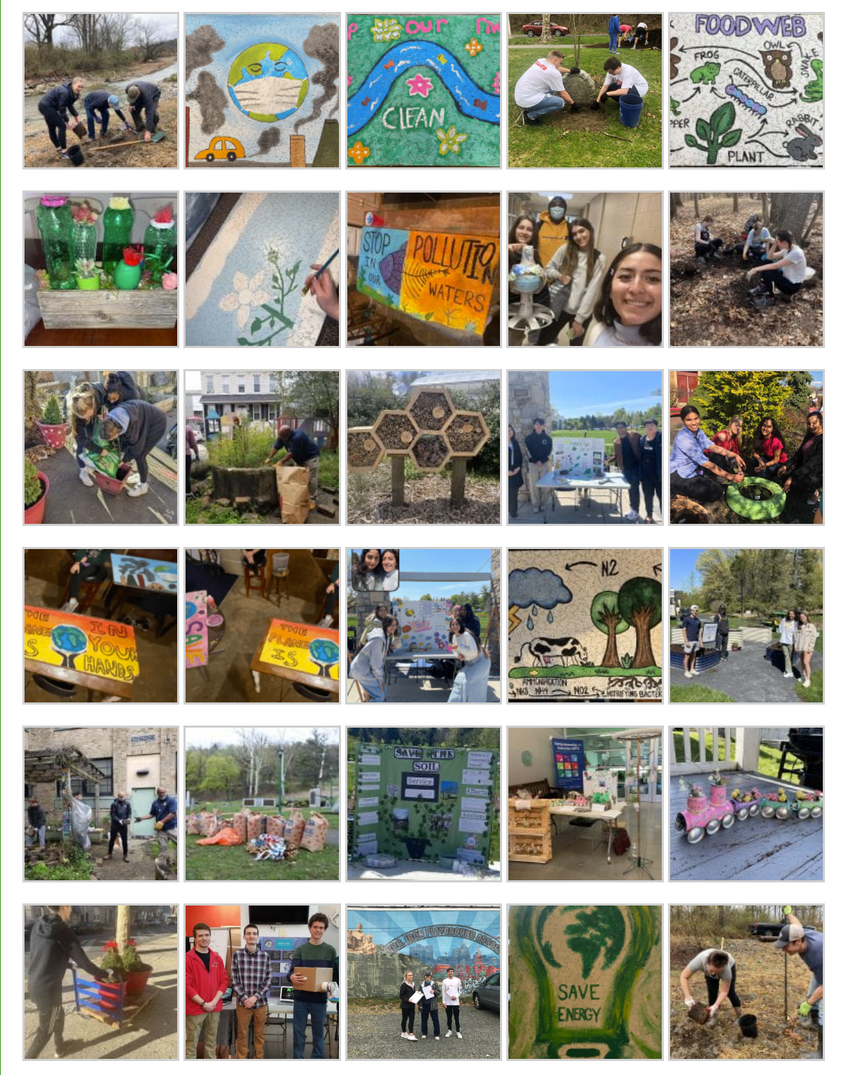
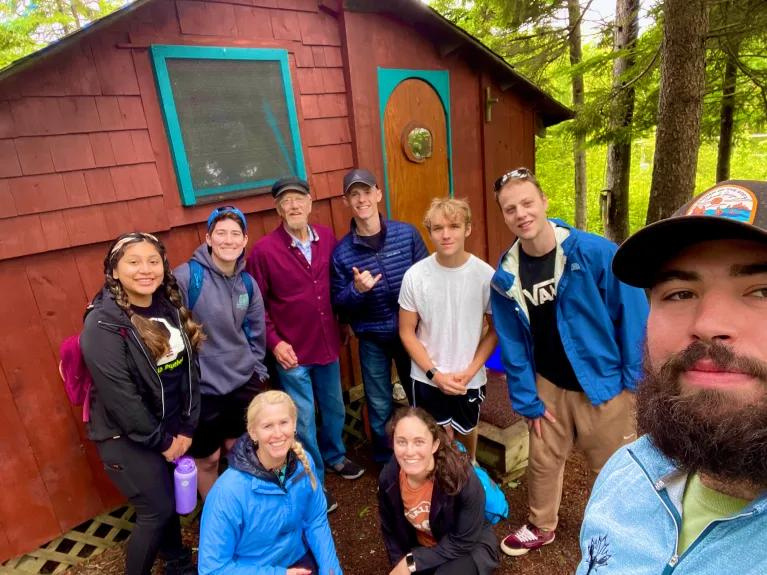
SESSION 5: COMMUNITY-BASED STUDENT ENGAGEMENT PROJECTS
Beyond the Classroom: Lessons Learned in Partnering with Local Nonprofits and Governmental Organizations to Improve Student Learning and Engaging for Tree Identification and Conservation
Mary Ann Smith
Documenting acres of trees can be an arduous task, especially by oneself, but it does also offer the opportunity for student engagement and research. It can be a wonderful experience but doing it alone can seem daunting. In partnering with local nonprofits connected to the environment, along with representatives from the Department of the Conservation of Natural Resources, I was able to have an entire class of students work with experts and experiences in documenting our campus for future comparative study. Within the presentation, I will offer ideas for other organizations to pair with and ways to incorporate such programs into curriculum.
EMERGING LEADERS FOR SUSTAINABILITY: SHORT-TERM SUSTAINABILITY IMMERSION PROGRAM
Alicia Sprow, Spencer S. Stober & Alex Roche
This session will focus on a short-term sustainability immersion program for traditional college-aged students that takes place at an eco-retreat in New Brunswick, Canada. This program aims to provide adventure-based experiential learning opportunities that guide how to effectively cultivate a caring, resilient community of people who positively impact each other and the environment. This program is delivered through 1) adventure-based programming that provides the setting in which the magic of deep connection can occur and 2) service activities combined with reflection to cultivate community building. The presenters will show how this short-term sustainability immersion program incorporates the Inner Development Goals (IDGs) to help equip these emerging leaders with the mindset and skill set to successfully tackle the sustainability challenges facing our communities.
LESSONS LEARNED: THE CHALLENGES & REWARDS OF A STUDENT VEGGIE RESEARCH & RECIPE PILOT PROJECT
Pauline Milwood, Christina Scartozzi, Christina Houston & Erica Kunkel
Six Penn State Berks majors in the Hospitality Management program engage in a supervised small team project for their food production course. The presentation will share about collaborative support from Penn State Health St Joseph's Family and Community Medicine Center and the Berks LaunchBox Veggie Rx program, and discuss lessons learned for future iterations of this community-based student engagement project
CYBER LIONS: HELPING OUR SENIORS NAVIGATE THE DIGITAL WORLD WITH CONFIDENCE
Abdullah Konak & Tricia Clark
Cyber Lions, a group of Penn State Berks IST and SRA students dedicated to raising awareness of cyber crimes in the local community volunteered to help seniors avoid scams in Berks County. In this presentation, students will present their experiences and learning.
TOWN AND GOWN COLLABORATION; FURTHERING CLIMATE RESILIENCY IN THE CITY OF READING
David Osgood, Brian Jennings, Jenna Crosby*. Gavin Daullary, Jennifer Fleming, Naja Jackson, Charles Leidig, Alexyia Taylor
Albright College, as one of the City of Reading’s anchor institutions, is collaborating with the City on a project to further build climate resiliency at the neighborhood level. By partnering with both the City of Reading and the Berks County Community Foundation, Albright students in the senior seminar course for the Environmental Studies and Science major are designing a project to encourage community involvement and provide ideas to help establish a more climate resilient city from a fresh and youthful academic perspective. The project will culminate in submission of a mock proposal to the Innovation Fund administered by the Berks County Community Foundation. This proposal will be presented to the City of Reading at the end of the semester in hopes of further development of climate resiliency principles
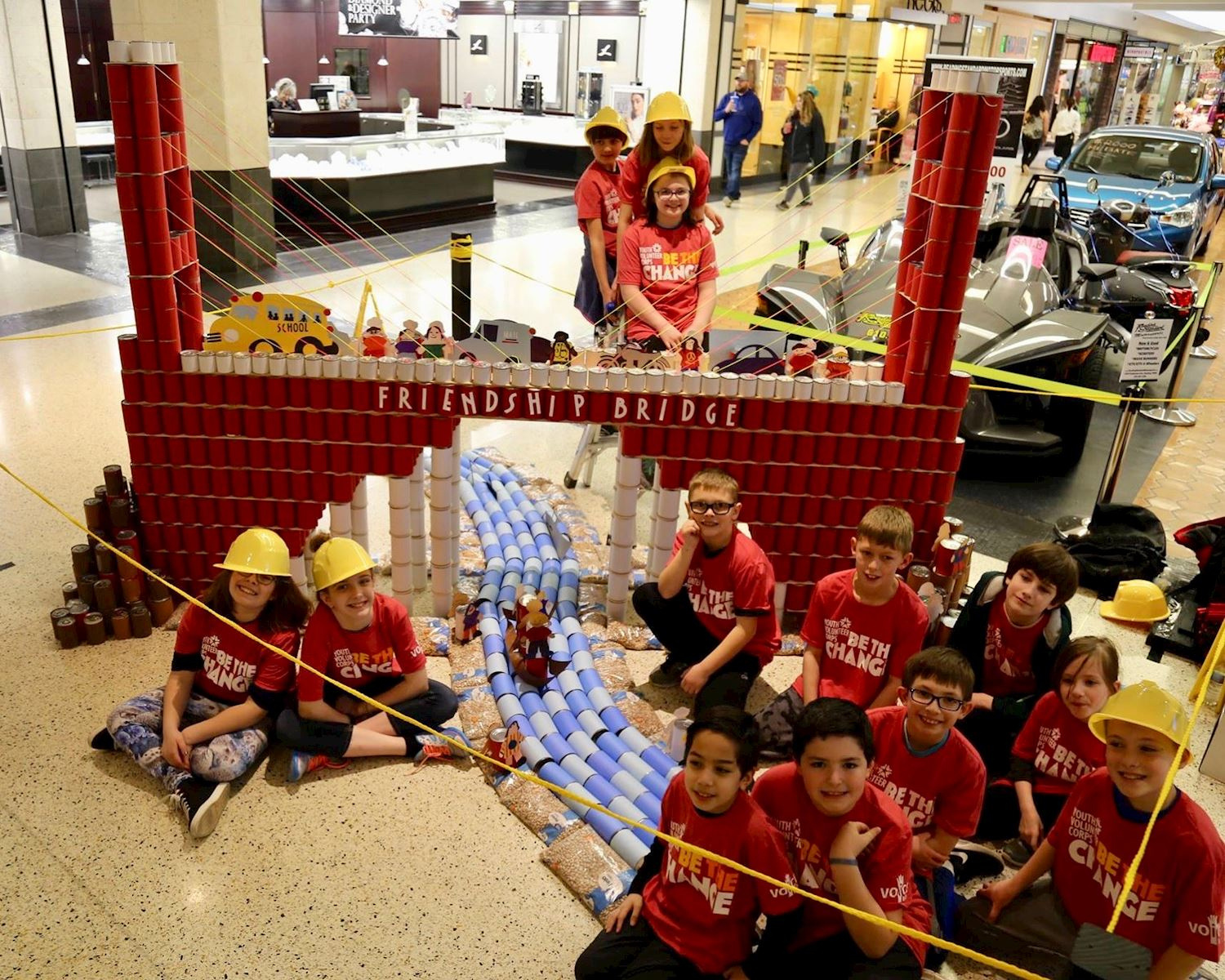
SESSION 6: DEVELOPING GLOBAL & COMMUNITY BASED ENGAGEMENT OPPORTUNITIES
REMOVING THE BOUNDARIES FOR GLOBAL LEARNING - CREATING OPPORTUNITIES BOTH IN & OUT OF the CLASSROOM
Nikki Rosario-Flores & Ilona Ballreich
“Global learning cannot be achieved in a single course or through a single experience but is acquired cumulatively across students’ entire time in higher education through an institution’s curricular and co-curricular programming” (American Association of Colleges & Universities). Participants in this session will hear ways that Penn State Global and Penn State Sustainability have teamed with faculty and students to create opportunities to engage in global learning. Each panelist will showcase examples of engagement and provide resources for you to create opportunities for your students.
DESIGNING & SUSTAINING MEANINGFUL COMMUNITY-BASED STUDENT ENGAGEMENT OPPORTUNITIES
Ryan Hassler, Lisa Panzner & Mitra Salari
Engineering Ahead (EA) is a first-year student bridge program at Penn State Berks which aims to create a support system and provide academic enhancement for incoming underrepresented Engineering students from diverse socio-economic and cultural backgrounds to ensure success in college. Throughout all aspects of the program, students are also involved in numerous community-based service outreach initiatives. This session will examine the creation, development and analysis of engaged scholarship opportunities from the perspective of all parties involved in the community project.
SUSTAINING COMMUNITY-BASED STUDENT ENGAGEMENT OPPORTUNITIES
Mahsa Kazempour & Partnering Community Organizations
Each semester, college students in my introductory Environmental Science course work in small teams to complete a community-based service learning project called the Environmental Awareness & Community Action Project (EACAP). This project allows students the opportunity to research an environmental issue of their choice (local, national, or global) and take action to support community initiatives to address sustainability related issues. Over the years, students have been involved in a variety of projects with our partner organizations. This presentation will focus on the evolution and sustainment of the project over the past decade.
Coming SoOn
resources, links, information from presenters will be added as they become available
